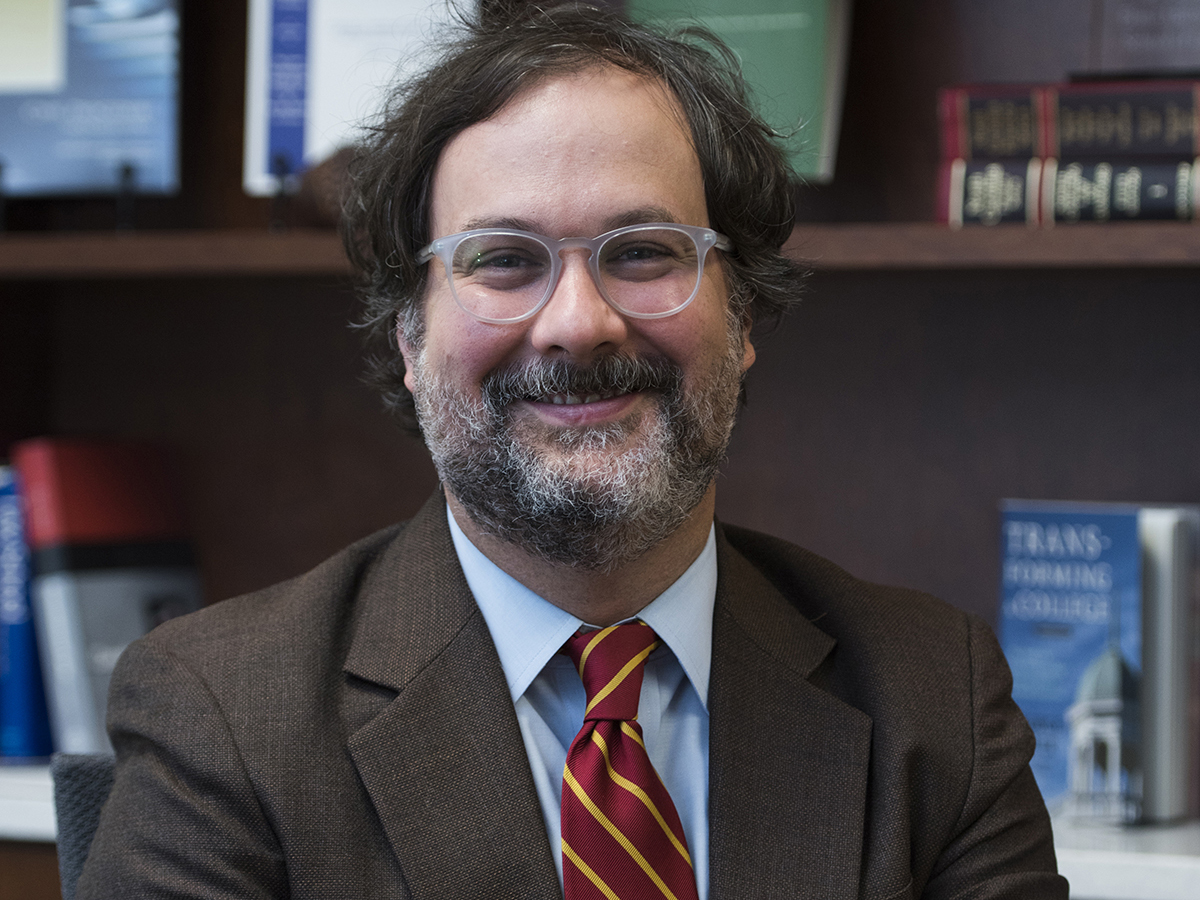Professor Enrique Armijo, an expert on the First Amendment and libel law, spoke at length with reporter Caitlin Dickson for a report on Dominion Voting System's lawsuit against the cable news organization.
An Elon Law scholar of the First Amendment offered in-depth analysis of a $1.6 billion lawsuit against cable news giant FOX News for a recent report by Yahoo News on a “trove of evidence” made public in recent court filings.
Professor Enrique Armijo spoke with reporter Caitlin Dickson for her March 7 story on libel allegations against FOX News made by Dominion Voting Systems. The reliability of Dominion’s voting machine technology was called into question two years ago by FOX News personalities who repeated claims of voter fraud following President Joe Biden’s election.
Deposition transcripts, email and text records collected by Dominion during the discovery process of the company’s lawsuit indicates those claims of voter fraud were advanced by FOX News personalities even when the same personalities believed the claims to be false.
From “‘An egregious violation of journalism ethics’: Experts slam Fox News’ conduct in Dominion case”:
Legal experts told Yahoo News that the breadth of evidence presented by Dominion is unusual for libel cases brought against media organizations, which require public figures to prove that defamatory statements were made with actual malice, meaning that the defendant knew they were false at the time or acted with “reckless disregard” for the truth.
“It’s just so rare to have such contemporaneous evidence of a defamation defendant’s state of mind when the statements are being made,” Enrique Armijo, a First Amendment scholar and professor at Elon University School of Law, told Yahoo News. “It’s pretty bad when you have someone in the news department saying, ‘This person is crazy,’ and then interviewing that person on the air.”
Armijo is a Fellow at George Washington University’s Institute for Data, Democracy & Politics, and an Affiliate Fellow of the Yale Law School Information Society Project and the University of North Carolina-Chapel Hill’s Center for Information, Technology, and Public Life.
He teaches and researches in the areas of the First Amendment, constitutional law, torts, administrative law, media and internet law, and international freedom of expression. His scholarship addresses the interaction between new technologies and free speech.



